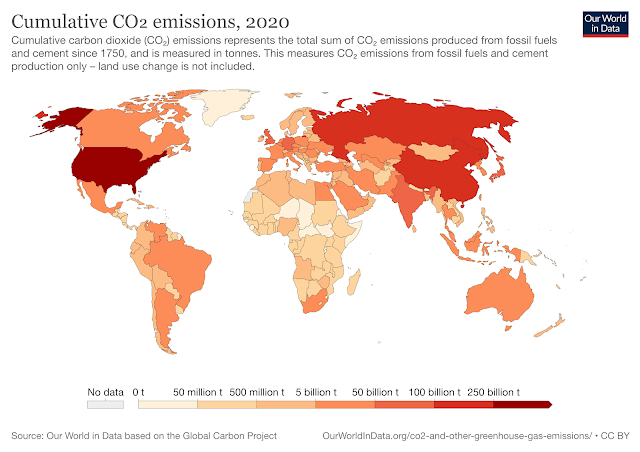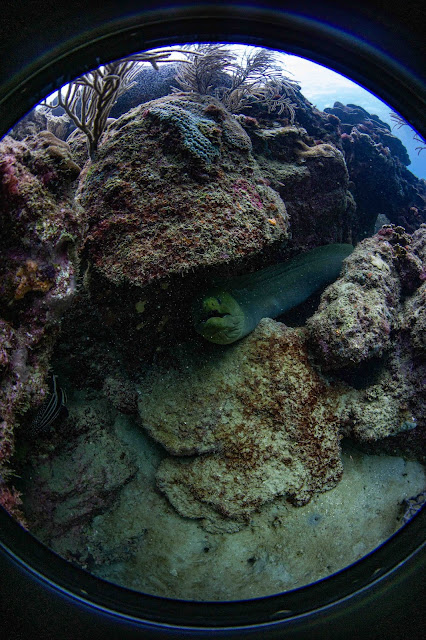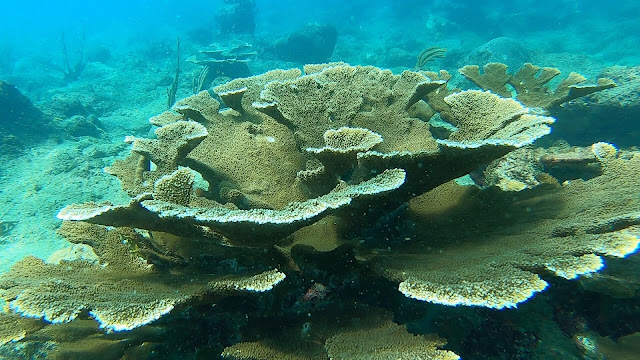Climate change, deepening the divide
The gaps between developed and developing nations, as well as between the wealthy and poor of every nation are widening as the earth’s mean temperature rises. Anjani Ganase considers recent studies that call for accountability, and wonders how Trinidad and Tobago might ensure equity among its communities.
Although the climate crisis is felt at a global scale, it is the result of the emissions of carbon dioxide mainly from a handful of industrialized nations. By 2017, the USA has contributed 400 billion tonnes of accumulated carbon dioxide (since 1751) or about 25 % of the global cumulative emissions, followed by the European Union (22 % or 353 billion tonnes of CO2), China (12.7 % or 200 billion tonnes), Russia (6 % or 101 billion tonnes) and India (3 % or 48 billion tonnes).
Unfortunately, the impacts of climate change discriminate based on location and income. Poorer countries lack the resources for climate protection and mitigation, while tropical countries are more vulnerable to severe warming impacts on productivity, health and ecology (coral reefs, wetlands and forest reserve) – all of which are tied to economy. In the Caribbean where our natural resources are more susceptible to changing climate, small islands are among the most vulnerable. Conversely, colder countries in the global north (also the wealthier countries), which may have experienced impacts ecologically, have also benefitted economically from warming conditions; as their societies have developed from the use of fossil fuels. Less money is spent on heating along with better opportunities for agriculture during milder seasons.
Research shows that climate change has increased the GDP gap between the wealthy and poorer nations as much as 25 % in recent years. Economic losses include declines in agriculture yield because of extreme weather events (drought, fires, floods), loss in labour productivity due to heat stress, declining health and higher mortality from extreme storm events, water and food borne illnesses, illnesses related to pollution and mental health.
 |
| Cumulative carbon emissions from fossil fuels and cement from 1750 – 2020. Global Carbon Project. (2021). |
Now, researchers have found definitive correlation between the effect of carbon emissions released by certain countries and the declines in other countries as a result of global warming. Such scientific analyses provide the necessary proof of climate change liability for the larger carbon emitting countries that are driving climate change. The study goes on to calculate the culpability of each nation based on the historical temperature data trends and found that a small group of emitters are significantly responsible for over six trillion US dollars in global economic losses between 1990 and 2014. USA and China are each responsible for 1.8 trillion over the 25-year period, while Russia, India and Brazil, each exceed $500 billion USD in responsibility for economic loss. Researchers are highlighting the need to shift from everyone doing our part to a more targeted approach to culpability of the world’s biggest climate polluters, especially as scientists have been warning about the detrimental impacts of climate change since the 1950s. One study was done by Charles Keeling who published the annual record of carbon dioxide concentration in the atmosphere since 1958. This became known as Keeling’s (Hockey Stick) curve.
As we grapple with three years of economic loss from the COVID pandemic, it is no wonder that Caribbean leaders, especially Prime Minister of Barbados, Mia Mottley, are appearing at global conferences demanding that the big emitters – who have significantly benefitted from the fossil fuels industry, socially and economically – take on the responsibility of assisting developing nations now suffering the consequence of climate change on our shores. Caribbean islands urgently need to adapt to climate change – rising sea levels, severe weather events, sargassum influxes, coastal erosion, coral bleaching, ocean acidification and tropical diseases – and to do all that while transitioning to greener energy.
Alternatively, some countries and organizations have gone the route of climate litigation to uphold climate change policies in order to meet the global target of keeping temperature rise below 1.5 C. Between 2016 and 2020, the number of climate litigation cases have nearly doubled with 1550 cases occurring over 38 countries. While most of the cases occur in the US, followed by Europe, cases in the global south are on the rise as well, including countries in South America, Asia and Africa. Most climate litigations fall into any of six main categories - climate rights (the impact of climate change on human rights); enforcement of climate policy; preventing further fossil fuel exploitation; corporate liability and responsibility; failure to adapt and the impacts of adaptation; climate disclosures (the climate related risks and associated greenhouse gas emissions of a business) and greenwashing (deceptive marketing of environmentally friendly products).
While most litigation aims to enforce climate change policies, some do delay effective action on climate change; some also improve poor climate policies. However, most litigation cases that are won do favour climate action. Many cases have been brought against governments for failure to act; no climate mitigation or carbon emission reduction. Organizations use petitions and court filing to bring governments to court, for example, a Belgium NGO (VZW Klimaatzaak) filed climate litigation against the Kingdom of Belgium in 2015. In another well-known case, the NGO Friends of the Earth Netherlands served Royal Dutch Shell court summons for Shell’s contribution to climate change violating duty of care under Dutch Law and human rights obligation. In 2021, the court ordered the company to reduce its emissions by 45% relative to 2019 by 2030.
In Trinidad and Tobago, it is important to know and understand the climate change policies here (passed in 2019). Major objectives include reducing or avoiding greenhouse gas emissions from all emitting sectors, enhancing carbon sinks through the protection of natural environment; and building the resilience of human and natural systems to climate change through technology, advancement of food security, research and development. While we lean on our leaders to represent and act with compassion for the most vulnerable citizens, at the same time, it is necessary to hold the government, business and corporations accountable.
Climate change is happening now. It will affect everyone but especially the least able, most vulnerable members of society. Knowledge, action and successful mitigation will depend on co-operation and trust among communities, and between communities and those who set the social and economic trends. We may not all be responsible, but in dealing with the effects of climate change, we must all be our brothers’ keepers.
References:
Callahan, C. W., & Mankin, J. S. (2022). National attribution of historical climate damages. Climatic Change, 172(3), 1-19.
Diffenbaugh, N. S., & Burke, M. (2019). Global warming has increased global economic inequality. Proceedings of the National Academy of Sciences, 116(20), 9808-9813.
Setzer, Joana, and Catharine Higham. "Global trends in climate change litigation: 2021 snapshot." Grantham Institute on Climate Change and the Environment (GRI) (2021).
Global Carbon Project. (2021). Supplemental data of Global Carbon Project 2021 (1.0) [Data set]. Global Carbon Project. https://doi.org/10.18160/gcp-2021.
Andrew, Robbie M., & Peters, Glen P. (2021). The Global Carbon Project's
fossil CO2 emissions dataset [Data set]. Zenodo. https://doi.org/10.5281/zenodo.5569235.


